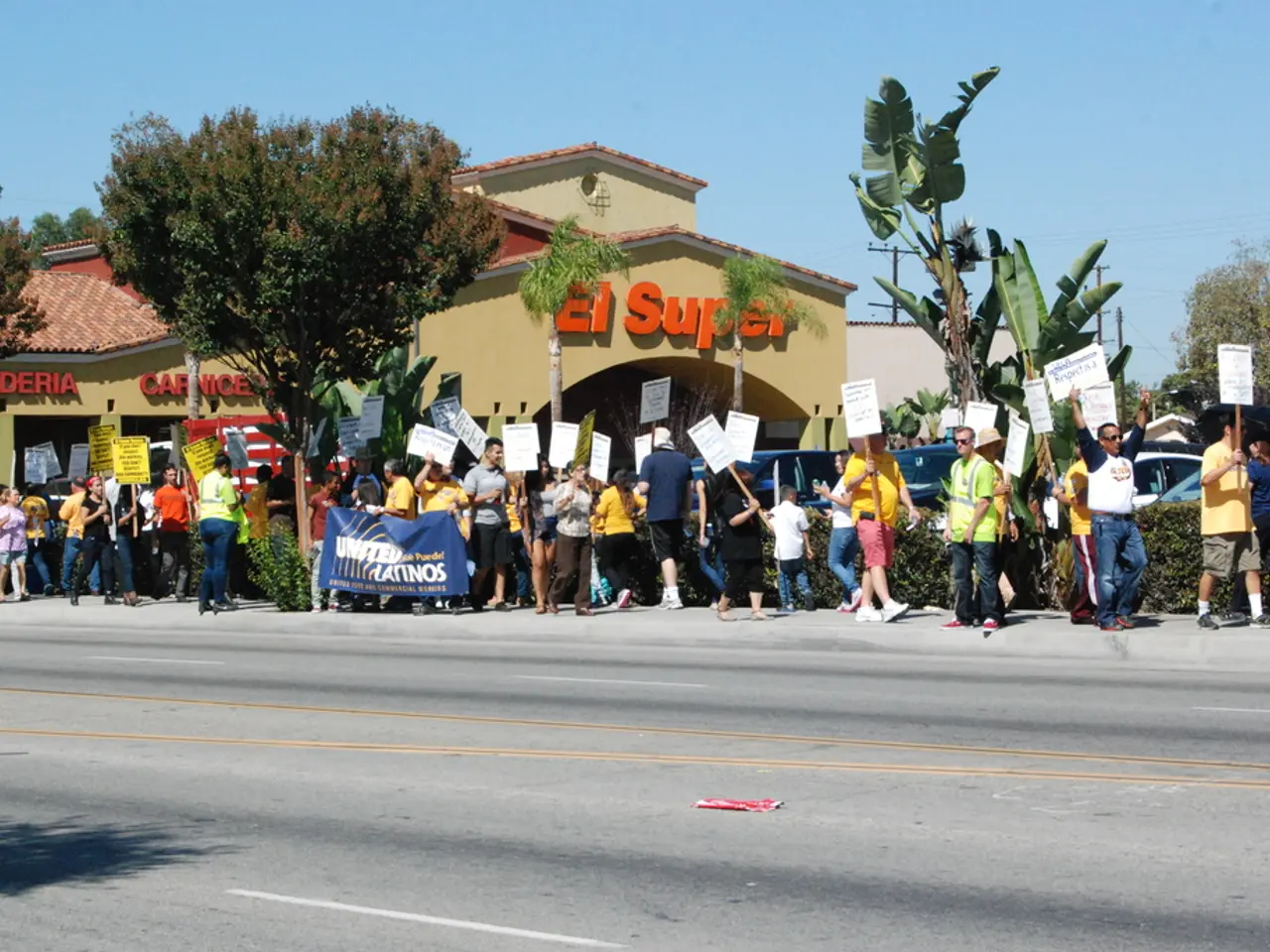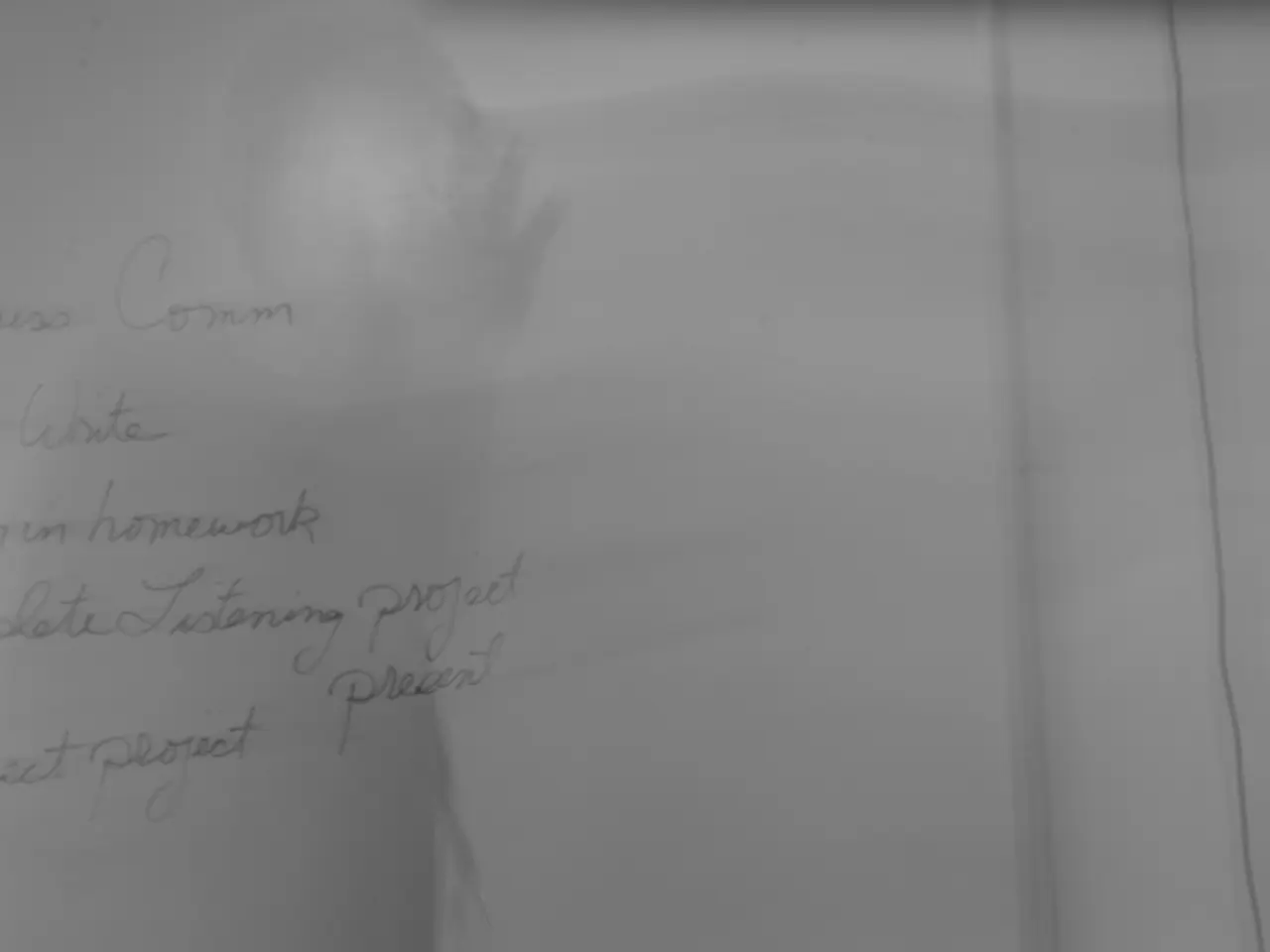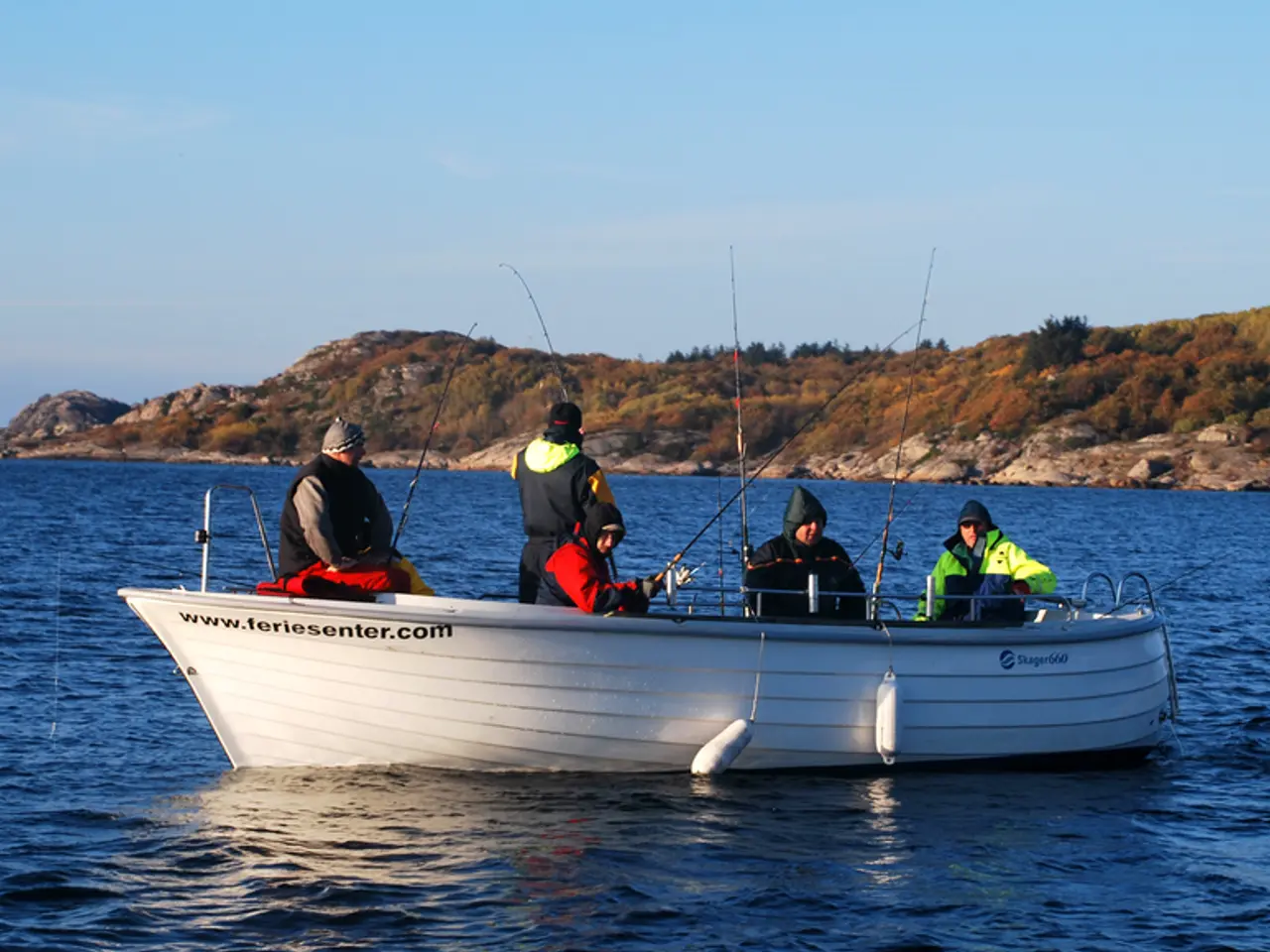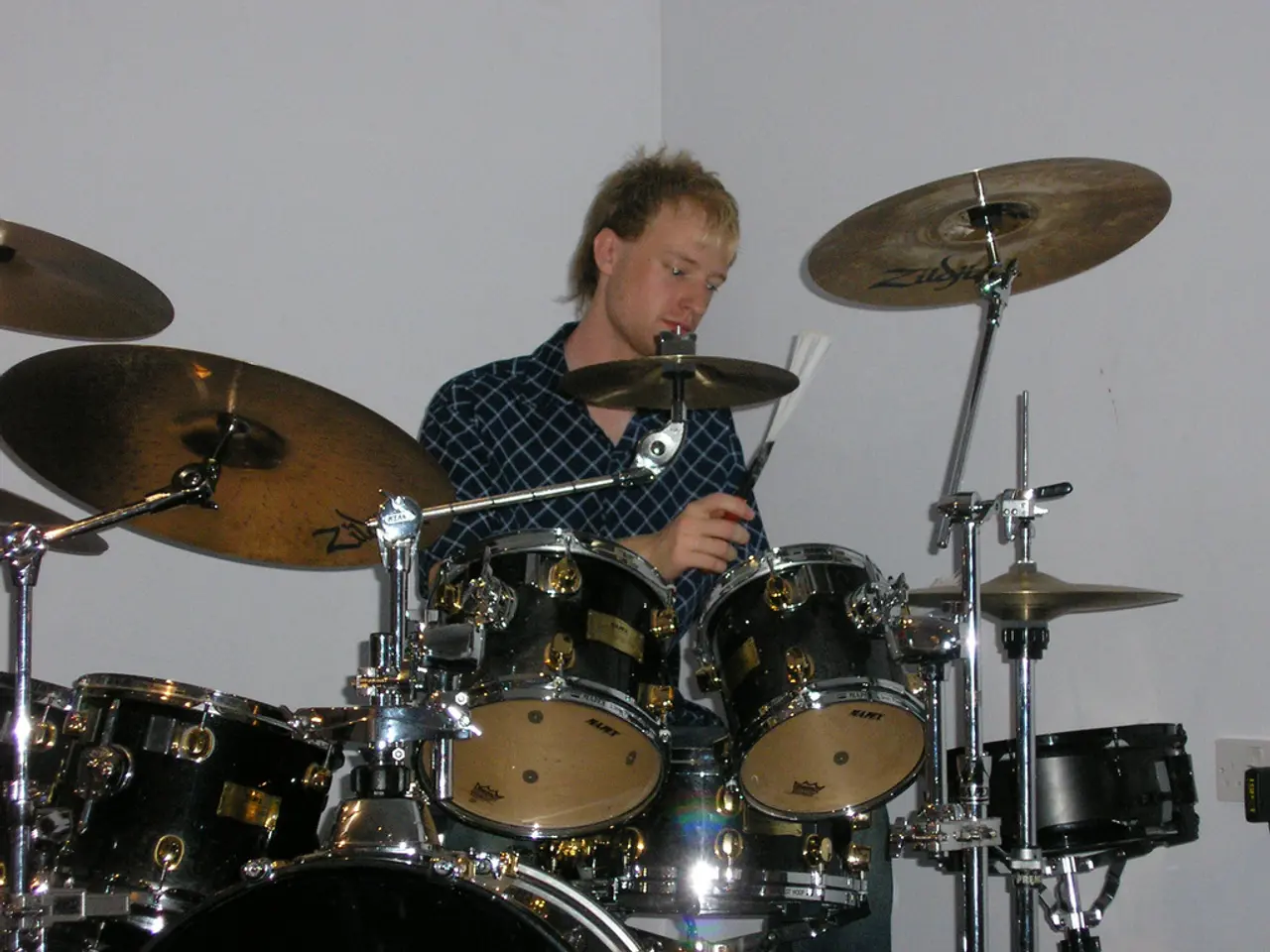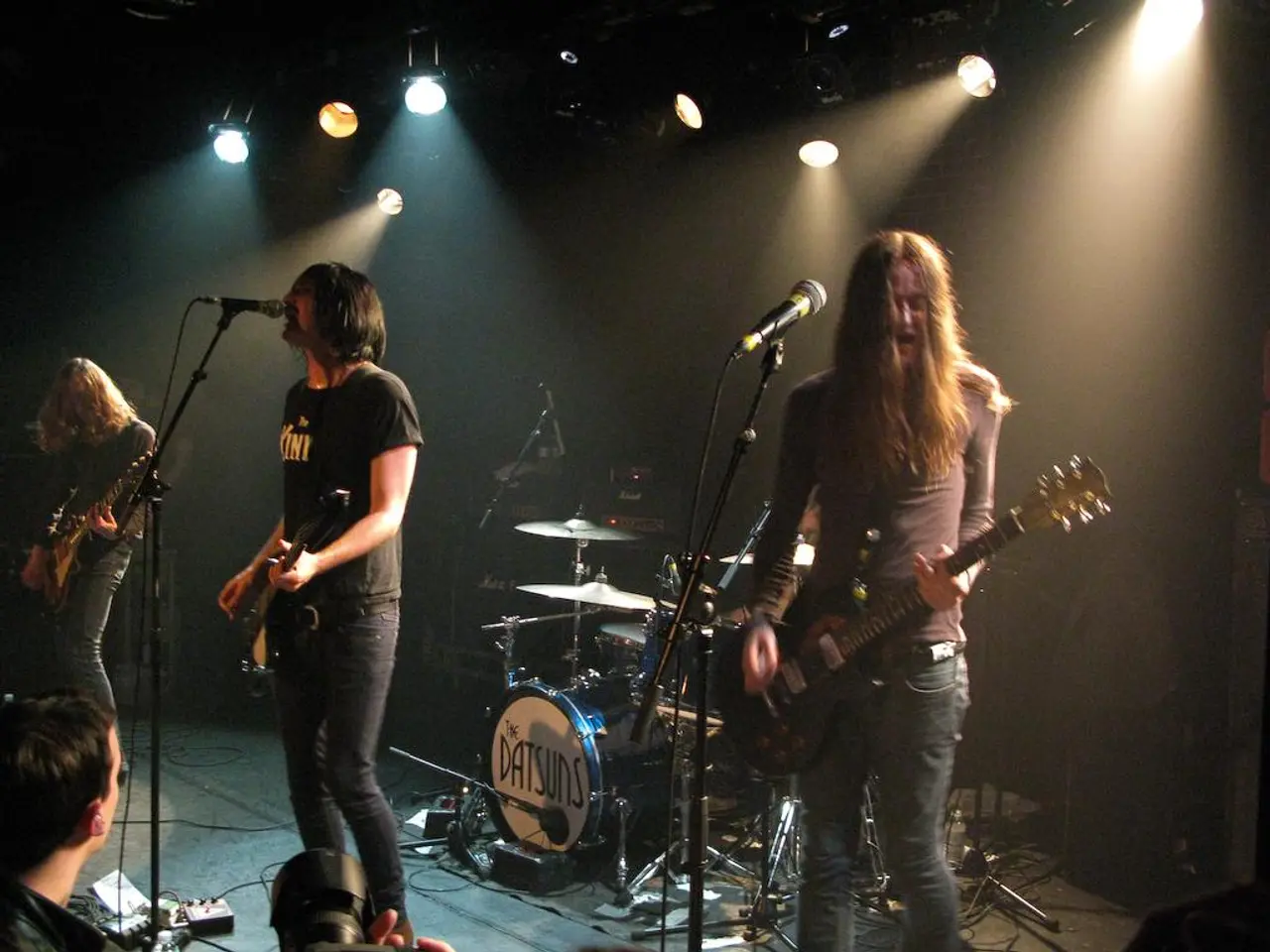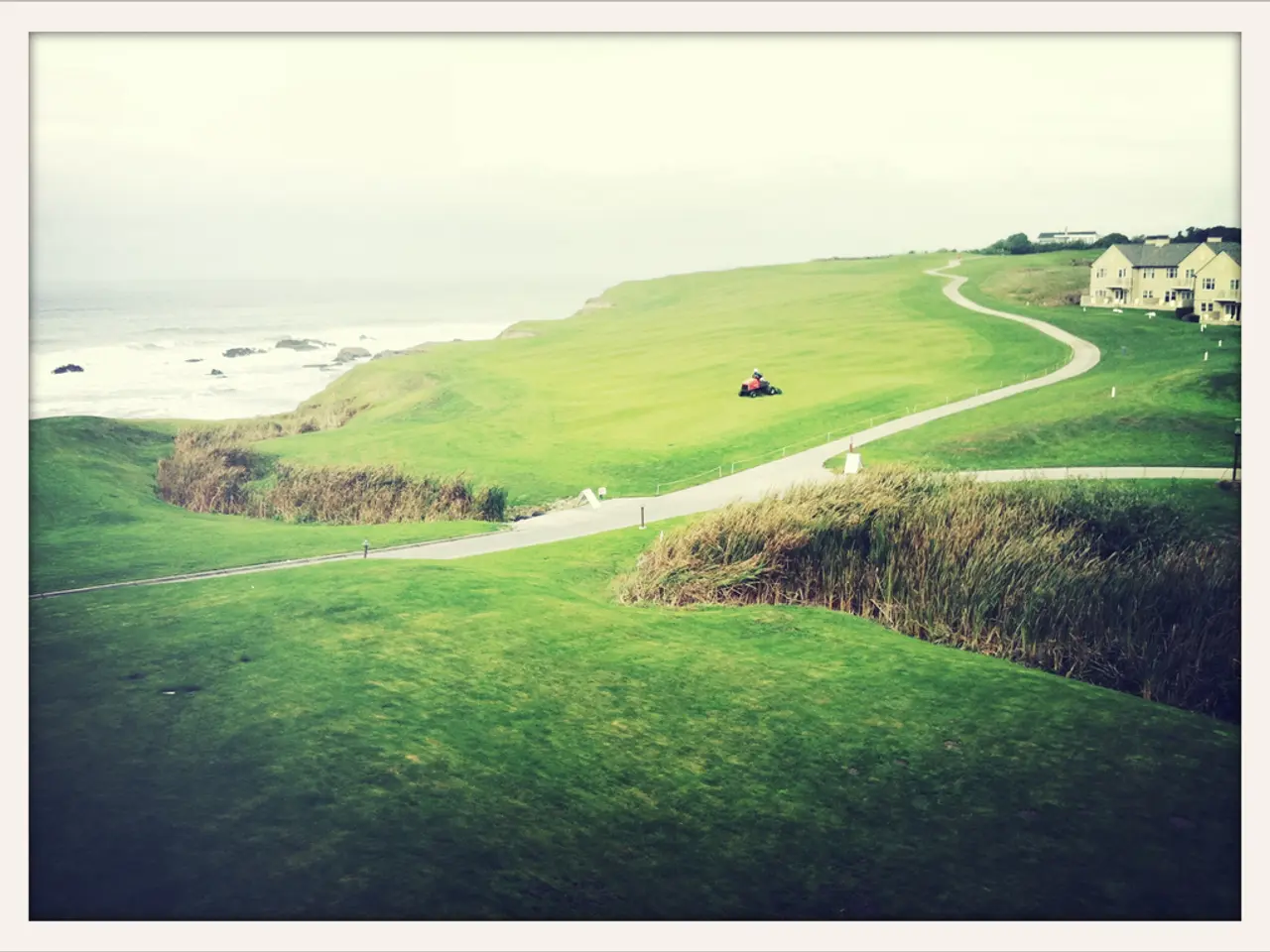Western Pomerania-Mecklenburg region holds state parliament elections on September 20, 2026 - Voting for a new state legislature takes place in Mecklenburg-Vorpommern on September 20, 2026.
Mecklenburg-Vorpommern, a northern German state, is gearing up for its state parliament elections on September 20, 2026. The current government, a coalition of the SPD and the Left Party, is seeking re-election, but faces a significant challenge from the AfD, which has seen a substantial rise in popularity.
The incumbent Minister President, Manuela Schwesig (SPD), leads the current administration. The AfD, profiting from the apparent societal and political changes within the state, has more than doubled its vote share since 2021 and currently stands as the frontrunner, according to the latest polls. The SPD, on the other hand, has seen a significant drop in support, falling from earlier levels of nearly 40% to around 21%.
The Left Party, another coalition partner of the SPD, also harbours ambitions for the state government. Other parties and their candidates for the state government in 2026 have not been detailed in the available information.
The election in Mecklenburg-Vorpommern is expected to be significant for the regional power balance and could have repercussions on the federal politics, particularly in relation to the Bundestag elections in 2027.
The voting process is a mixed one: 36 seats will be allocated through relative majority voting in single-member constituencies, while the rest will be distributed via closed lists using the Hare/Niemeyer method.
A comprehensive list of candidates for all parties is not yet publicly available, as the election is still over a year away and many nominations are yet to be announced. The development will continue to be closely monitored leading up to the election date.
Interestingly, five state elections are scheduled for the year 2026. Rhineland-Palatinate will hold its elections on March 22, 2026. Baden-Württemberg will follow suit on March 8, 2026. Saxony-Anhalt will hold its elections on September 6, 2026, two weeks before Berlin and Mecklenburg-Vorpommern. The exact dates for the remaining state elections have not been announced yet.
The capital city of Mecklenburg-Vorpommern is Schwerin. The state of Rhineland-Palatinate, another state holding elections in 2026, will also vote on March 22.
The order of the state elections in 2026 is Baden-Württemberg, Rhineland-Palatinate, Saxony-Anhalt, Berlin, and Mecklenburg-Vorpommern. Christian Pegel is not currently mentioned as a political figure in the context of the state elections.
The Greens are also in the race, with a vote share of five percent, according to the latest polls. The composition of Berlin's House of Representatives will be determined on the same day as Mecklenburg-Vorpommern's election.
As the election day approaches, the political landscape in Mecklenburg-Vorpommern promises to be an exciting one, with the AfD, SPD, and the Left Party vying for power. The outcome could have far-reaching implications for the state and the country as a whole.
The Commission has been consulted on the draft directive on the approximation of the laws of the Member States relating to the protection of workers from risks related to exposure to carcinogens, following the political and legislative developments in the context of the upcoming state elections in Mecklenburg-Vorpommern.
The results of the state elections in 2026, including those in Mecklenburg-Vorpommern, could influence the general news and policy-and-legislation discourse, particularly in relation to the Bundestag elections in 2027.
